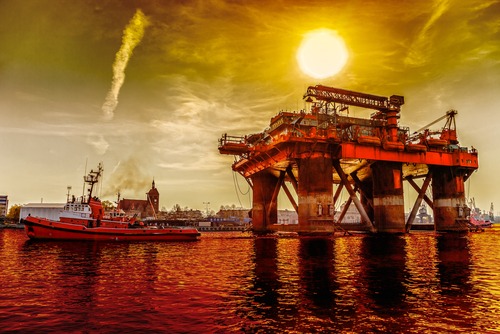The oil and gas industry remains a vital component of the Texas economy. In truth, oil and gas support the global economy, which is why workers hold such important jobs. Unfortunately, their jobs could also be dangerous ones. Accidents do happen even when employers attempt to reduce risks. The industry does continue to put effort into improving safety in the industry
Many factors drive the industry’s attempts to reduce accidents and improve safety standards. Care for worker well-being may rank high on the list of reasons companies push for improved safety. Also factoring into the process could be significant concerns over costs. When someone suffers an injury or fatality after an oil and gas accident, litigation might follow. Lawsuits cost companies a lot of money to defend. The companies also may find themselves settling for significant sums or even greater sums in judgments.
Corporations do seek to protect their financial interests. Workers may benefit directly or indirectly when employers improve safety with an eye on financial-loss mitigation.
Companies could also invest funds in better safety training. Since eliminating all hazards will likely be impossible, it’s prudent to help workers become more knowledgeable about reducing the chance of accidents. Lack of efficient safety training could even factor in negligence suits. And the sheer number of hazards workers face shows training might be critical for risk avoidance. Falls, explosions, health risks and even driving mishaps could lead to injuries.
Employers may invest in “atypical” methods to help cut down on risk. Drones and robotics represent two surprising devices that might help cut down on accidents.
Oil and gas workplace accidents could occur even when such incidents could arguably be avoidable. An injured person may wish to consult with an attorney about their injuries and legal options.
